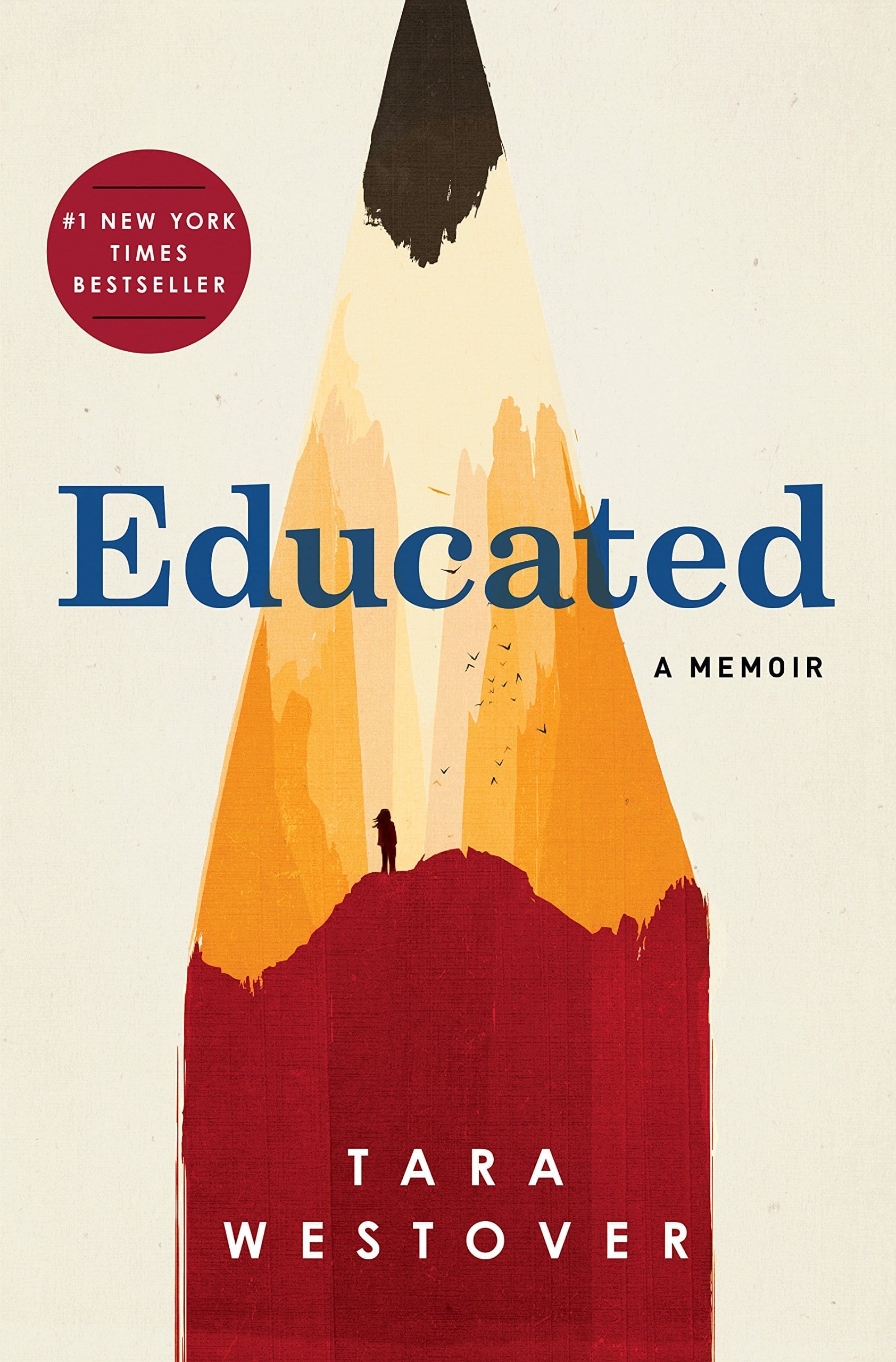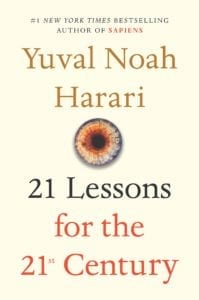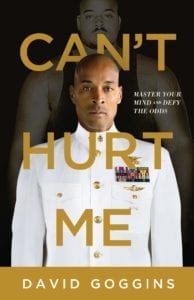Educated
Reason Book was Chosen:
I saw this highlighted on numerous lists of best books for 2018. It seems to have been a powerful one and I want to check it out.My Thoughts
This was a phenomenal book. It was crushing yet fascinating. It reminded me of Small Fry in that you are reading about horrors from someone’s life and wonder at how the person keeps going.
Tara Westover describes her upbringing in a survivalist household in Idaho. I guess you could call it extreme survivalism – no birth certificates, no hospitals, no school, no government assistance. And these “no’s” were put to the test. Both kids and parents suffered the most extreme injuries and refused hospital care.
But, it wasn’t just survivalist. It was abusive. Physically, mentally, spiritually, and educationally. Yet Tara “survives” and earns her PhD in some of the most elite institutions in the world. She goes so far, she wonders if she’s gone too far from her roots. This book is her story.
I was amazed at how she tied together place, historical events, relationships, and suffering with her own life. She’d tie in a story about Native Americans that mirrored her own situation.
I thought it’d be best to write out the things that stuck out to me:
- A turning point came when she heard music. It opened up her mind. It was a CD of the Mormon Tabernacle Choir, but it led to her see there was more out there than what she had been told. It reminded me of Frederick Douglass describing how books had opened his ideas of freedom.
- Tara didn’t know what the Holocaust was when she was an undergraduate at BYU. In fact, she asked what it was in class, to the horror of her professor and fellow students. Her parents just never told her about it and she wasn’t allowed in public schools.
- She read Les Miserables and couldn’t distinguish between the “fictional story and factual backdrop.” Since she didn’t know who Napoleon was, she couldn’t distinguish between Napoleon and Jean Valjean.
- When she started learning about the civil rights movement, and some of the atrocities preceding it, she thought about it in terms of the proximity to a murdered boy to her family. Her parents were alive when it happened. They harbored similar attitudes to what fueled the murderers. It was fascinating to have her look at an historical event through the lens of proximity and culpability.
- She journaled throughout her life and noticed a shift when she started writing truthfully. Oftentimes, she would excuse the abusive behavior of her parents and family, but once she started writing about it truthfully, her mindset shifted.
- Half of her brothers and sisters went on to earn PhDs. It was interesting to see how suppressed desire to learn ended up leading these children to get as much education as possible. They’d risk punishment in order to read by very little light just for the sake of fueling their curiosity.
- Her upbringing actually helped her to approach her college papers in unique ways. That actually helped her in her education.
- There were a number of references to Don Quixote throughout the book, one of the books from this year’s reading list.
- Tara entered college with a question of who writes history. What do they bring to their writing? She ended her formal education by writing history. Fantastic transformation.



